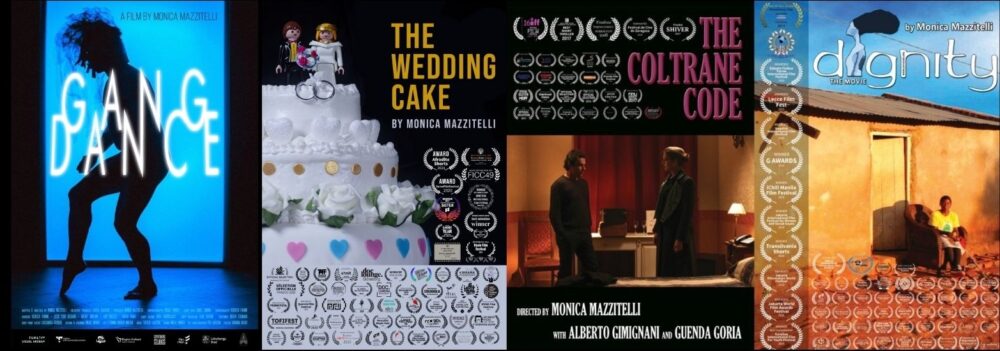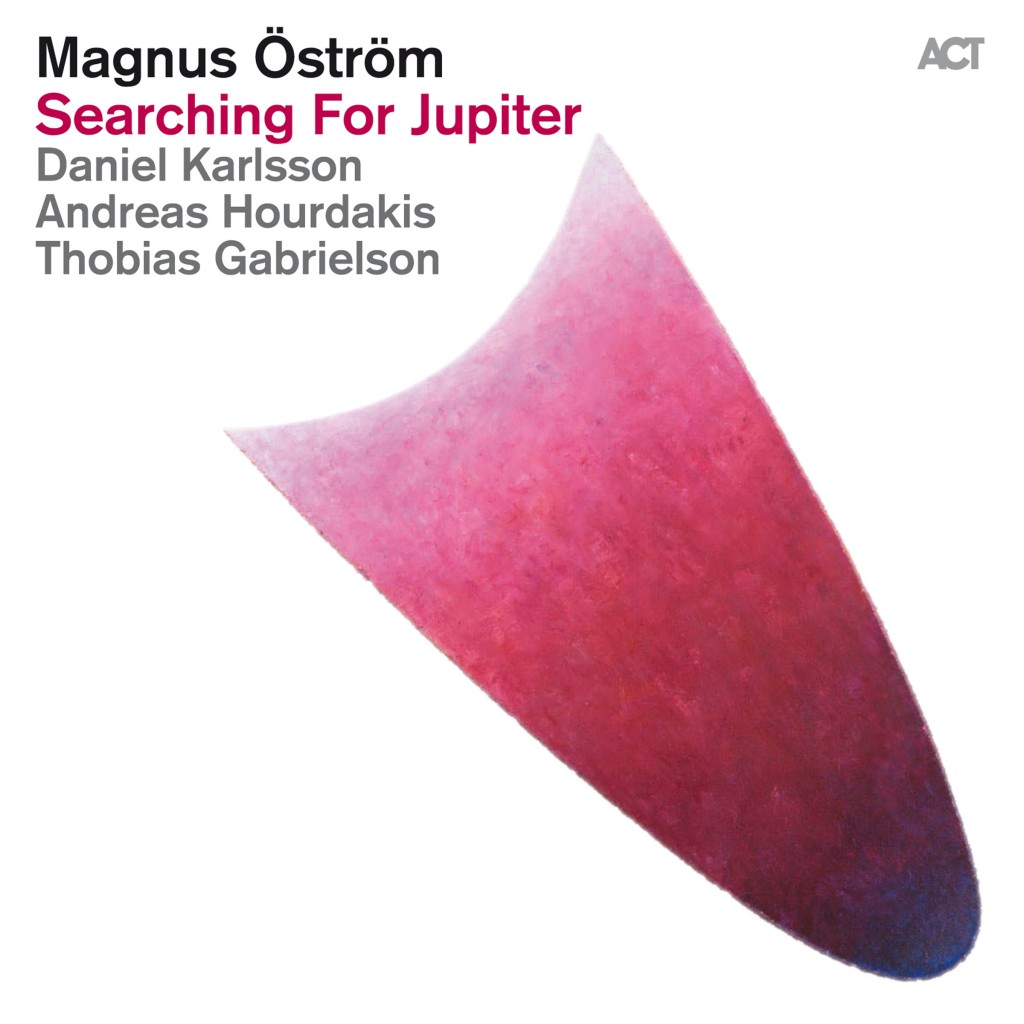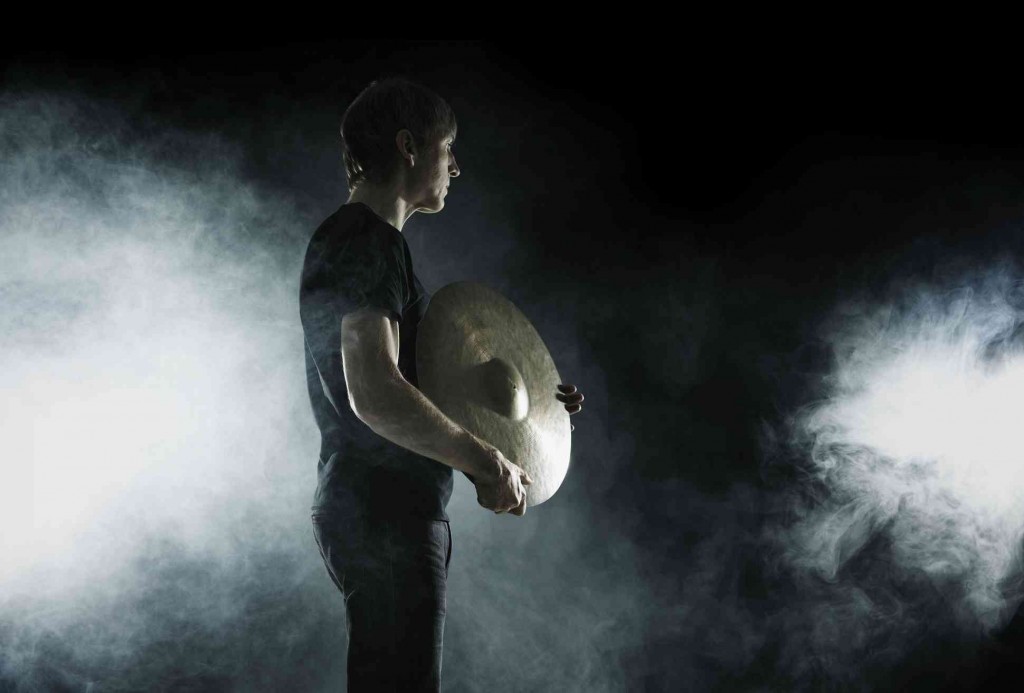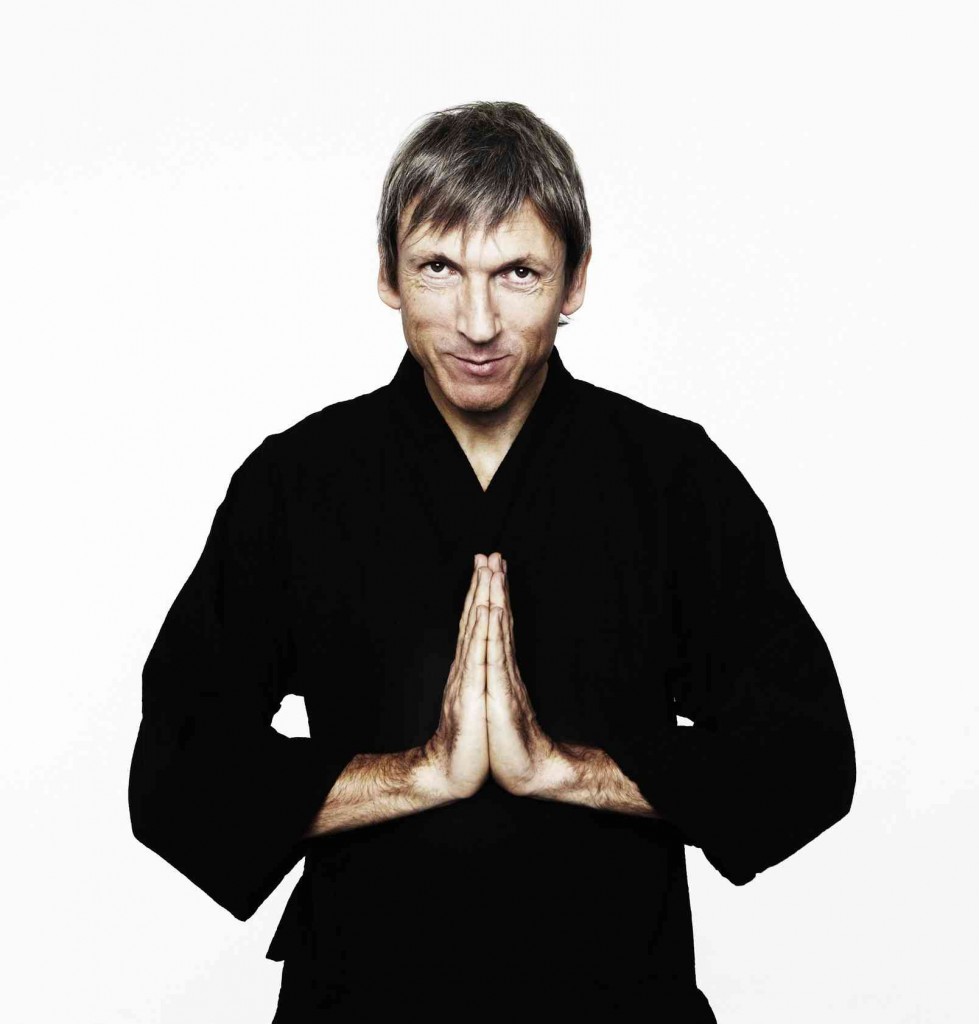I have newly started to cooperate with a magnificent Italian jazz website, Jazzitalia.net, for which I wiil write mainly about my favorite music: Scandinavian jazz. One of the special things about them is that I will be able to public my pieces in both Italian and English. The first could be nothing but my review on what I consider to be one of the best jazz album of all times. So here you go, in English.
In a not so distant past there was the Esbjörn Svensson Trio (e.s.t.), a band that shot to the top and blurred the lines between jazz and rock/pop, charting a new path where the raucous and dirty elegance of the first blends seamlessly in the raw power and playfulness of the other two. A creative vision that has collected a heterogeneous sampling of fans, from purists bop lovers to post-rock followers.
The Trio musicians’ fingers (Esbjörn Svensson on piano, Magnus Öström on drums and Dan Berglund on double bass) could summon any sound, from the melodic to the more dissonant, without tonal or inspirational breaks. A band that like no other has grown past its European borders, to be acclaimed throughout the world as the best jazz group of its time. With the premature death of Esbjörn (caused by a diving accident in 2008) the jazz world was brutally shaken –his band mates spent horrible months picking up the pieces – for fear that the magical alchemy of those three unique musical personalities had been lost forever. But then the solo albums of Öström and Berglund came along allowing fans to draw a sigh of relief.
Perhaps is Magnus Öström to have continued more closely to a Svenssonian path, without trying to replace or mimic Esbjörn to a similar piano playing but rather using the guitar to accentuate melody and harmony, often giving it space as e.s.t. had several times given to Pat Metheny, in both studio and live performance. And after Threads Of Life – his first pensive and wonderful album that includes a song played by Pat Metheny and Dan Berglund, the yearning Ballad For E, dedicated to the memory of his missing friend – Öström has published a new CD with almost the same great band as the previous one, with Andreas Hourdakis on guitar and Thobias Gabrielsson on bass, and new marvelous Daniel Karlsson on piano.
An album nothing short of amazing this Searching For Jupiter, a record that reaches deep in our soul just after a few listenings, with a richness of sounds, rhythms, inspiration, and a sense of melody almost unbelievable for a drummer: Öström doses his instrument with great equilibrium, almost humbly, and the final result is enhanced by a perfect audio mix, done by the Åke Linton of Bohus Sound Recordings, with whom e.s.t. musicians worked in the past. Öström allows himself only one magnificent solo; instead, he offers generous and playful space to Hourdakis arpeggios that, even though showing he learned Metheny’s lesson, is able to impart a personal touch of Nordic sweetness and melancholy to some of his phrasing, despite his Greek origin, especially in the first song, The Moon (And The Air It Moves), which bears a meditative prog touch, where also the pianist Karlsson reaches moments of rare intensity.
In the second track, Dancing At The Dutchtreat, the instruments mainly play with a very incisive rhythmic syncopation, with drums and guitar chasing each other rapturously upbeat and end landing on a foundation of electronics.
The atmosphere gets soft and almost silent for the third track Mary Jane Does not Live Here Any More, with a dominance of piano and brushes, a sotto-voce melancholia, while the fourth piece—the title track—evokes a manly, almost authoritarian grip, with a strong attack until the guitar enters to melt the metal in a stream of shiny honey, then swept away by one of the best bass pieces of the entire CD, which fades into an almost solitary drum until the new stream from the guitar.
Hour Of The Wolf is a goth piece of post rock, cinematically dramatic, with hypnotic shoegaze moments where the effect of "second guitar" is obtained with the piano, while the lead guitar rocks darkly in a post-war scenery. In an opposite mood, Through The Sun is one of the pieces most deliciously e.s.t., with a carefree and cheerful calling. Instruments in harmony create rhythmic variation effects, with a nice bass solo that will be great to listen live, sooner or later. The seventh track, Happy And The Fall, goes back to more Methenian entries and builds on a false “simplicity”, while being very articulate especially in the central beautifully played piano part: you get the feeling that this track may offer much room for solos and improvisation when played live. Back to sotto-voce on the penultimate piece, Jules And Jim 's Last Voyage, with a taste of J. S. Bach at the start of the composition; an almost classical music piece that introduces meditatively the last and very radiant song of the album, the [most] beautiful At The End of Eternity: incomparable drums, not only for invention and performance, but for the incredible variety of ideas it seems to offer to the other instruments, that nest into it like fingers in a glove until they quiet down for the superlative long central solo. You can never really listen to it only once: you have to set it on repeat, like a entranced little girl that wants her grandmother to tell her the same old tale a thousand times, to finish up her soup.
And Esbjörn, from the Great Prairies, listens to all this beauty with something more than just a smile.
In Thread Of Life you appeared on its cover like an ancient bronze statue of a losing Homeric warrior, stranded ashore and defenseless, with his shield unable to protect him. A naked man with a tired desire for Faith. Even though you are still Searching for Jupiter, it seems you have gone a long way. Can music heal by being resilient to pain?
I’m not sure if music in itself is resilient to pain but it can certainly ease the pain. It seems that the sense to react to music is one of the last things that leaves a human being according to several scientific researches. For me music is a way to both find a way forward and coming to terms with the past, at least to a certain extent.
One of the aspects that strikes me most with this album is its variation: each song stands alone for inspiration, composition, arrangement, melody, harmony, and even genre. Is it something you consciously wanted to obtain, or is your creativity simply this broad?
This is the way my music comes out. We are all the sum of our experiences, either it’s music, food, sports, or just life itself. I compose very intuitively so my music is very much me. It just reflects different sides of me.
To what extent do you like to collaborate with your partners? Do you involve your musicians in some parts of the composing or is it your product to 100%? Did you take part in the audio mixing?
Still, I’m very much in charge. I have strong ideas about how I want it but it’s very important to leave space for your fellow musicians to express their personalities. It’s in the friction between yourself and the person you meet where the music happens…
Yes, I’m very much involved in the mixing and mastering. When you are the producer you need to be there the whole way. At least is it how I feel. But of course you need great people around you that can help you realize your ideas. I’m very thankful to both Janne Hansson, the recording engineer and owner of Atlantis, the studio where we recorded the album, and Åke Linton who was mixing this album. And of course the band!
In an interview you said you occasionally think of what you would do if you would stop being a musician. My [scared] curiosity is: what would make you stop?
I don’t know… if I stop getting ideas, if I feel that it’s not fun anymore, or more correct, if my body stops feeling the need of playing or composing, then I stop.
You are currently travelling around Europe with a very successful tour that is bringing you to the UK, Germany, Austria and elsewhere, but not Italy so far. Is there any chance you will be playing here as well?
We had a few preliminary dates in Italy but finally it didn’t happen which was very sad ´cause I love Italy and have played there quite a lot with both e.s.t. and Lars Danielsson.
I really hope that we’ll have some concerts in Italy in as not too distant future.
Photos provided by Air Artist Agency



